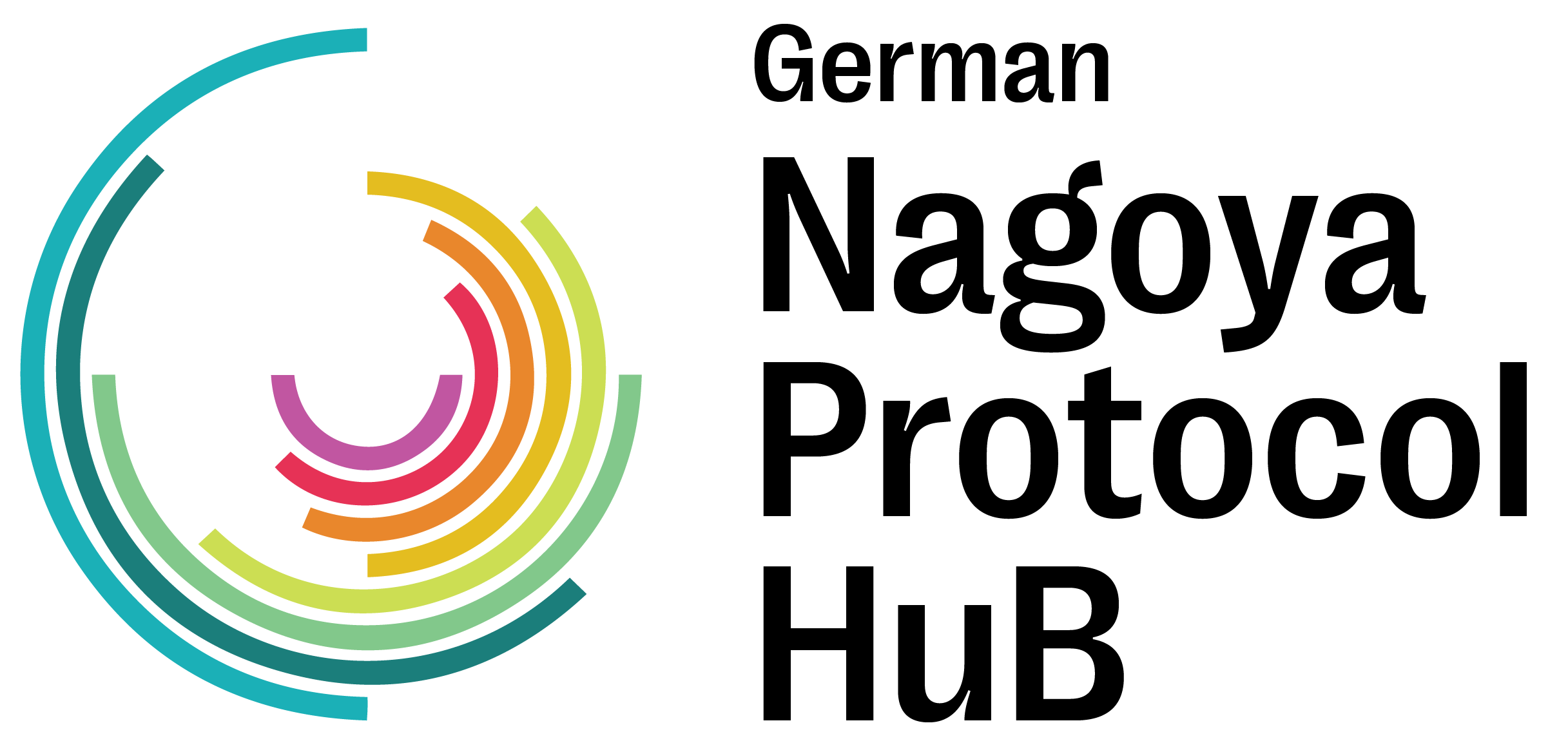ABS stories
Learning from experience: Greenland
Institution: A research institute focusing on polar and marine research
Biological material: Plankton and benthic organisms
Research field: Marine Biodiversity and ecosystem functionality
Research: Basic, non-commercial
Focus: Long-term observation of marine ecosystems and process studies in Fram Strait, Greenland.
Collection: Researchers from the German research institute collected the material in the field
Collaboration partner: Another German research institute
Funding: Core funding of the institution

Photos: Deep-Sea Research Group, AWI
ABS Process
Time needed for first response from the National Focal Point: 1 week
Amount of time invested full time in the process: 3 hours
Time needed until all ABS documents were obtained: 1 week
ABS documents needed: Non-Exclusive License for the Utilization of Greenland Genetic Resources and Information
Before starting with the process, the researchers contacted the responsible Nagoya Protocol contact person at the research institute who provided the link to information about ABS in Greenland. This information can be found on the Government of Greenland’s website.
The scientists completed the relevant application forms and submitted them to the Ministry of Industry, Energy and Research together with information about the proposed sampling campaign and purpose of the research.
One week after submission of the application, a Non-Exclusive License for Utilization of Greenland Genetic Resources and information was issued, which was accompanied by standard terms and conditions.

Photos: Deep-Sea Research Group, AWI
Benefit-sharing
No benefit-sharing agreement was required, although the standard terms and conditions note that such an agreement may be required by the Government of Greenland.
Regardless of whether there is a benefit-sharing agreement or not, the license conditions require the researchers to disclose and provide any information to the Government that is relevant to the conservation and sustainable use of biological diversity in Greenland, e.g. the results of their scientific research, information on surveying programmes, etc.
Advice for other researchers obtaining biological material from Greenland
The research institute had a very positive experience with ABS in Greenland. What do they suggest?

Lodge your application for a permit well in advance of any sampling campaign so that there is enough time to address any questions about the application.





